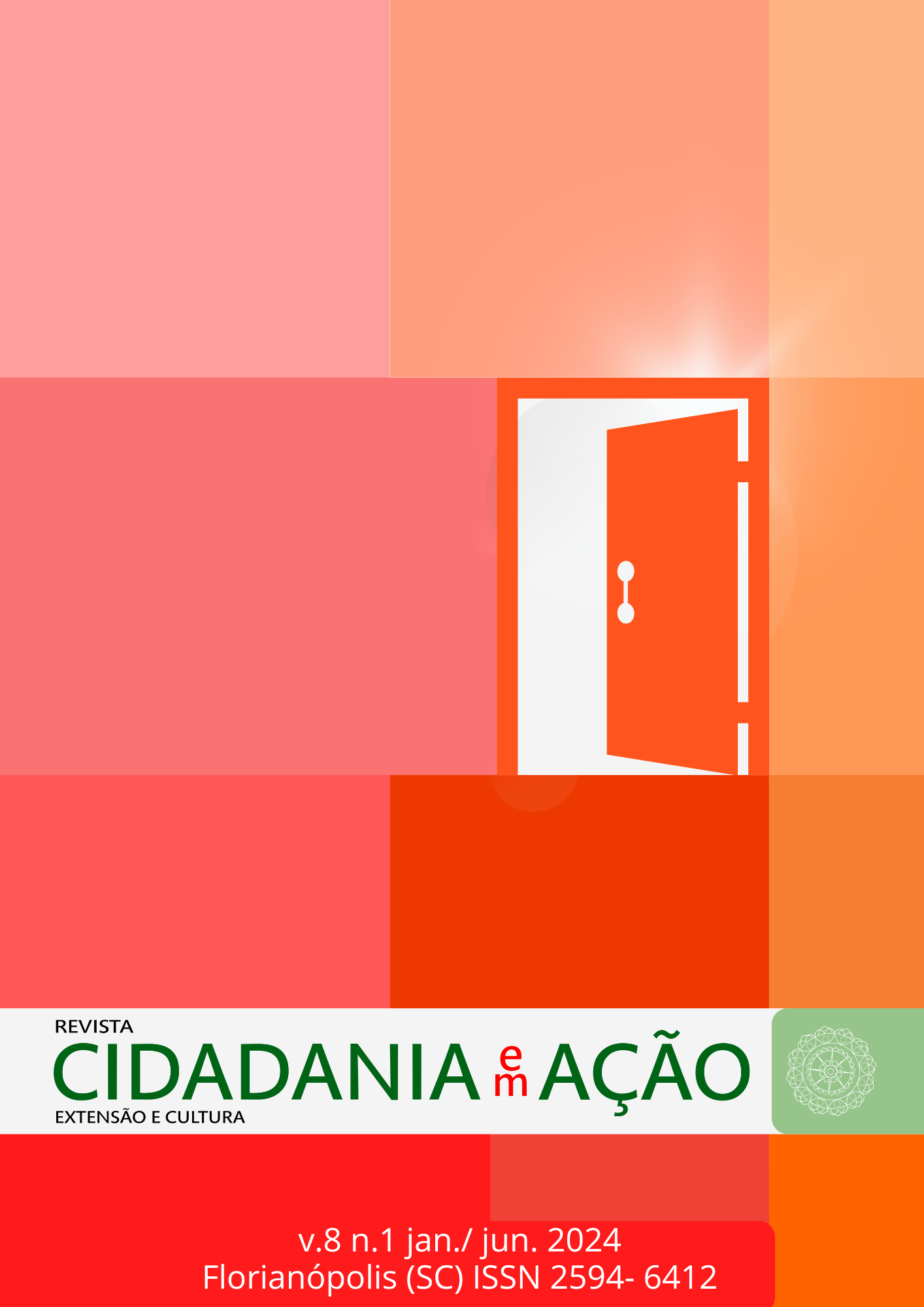The role of art in the pandemic: possibilities for learning and recreation from the development of remote painting activities
DOI:
https://doi.org/10.5965/2594641208012024e6480Keywords:
art education, remote teaching, pintura, painting, technologiesAbstract
We investigated the perception of students in a painting workshop about the continuity of the course in the period of social isolation. Our emphasis was: in the specificities related to the new teaching-learning model, in performance of the teachers, in the scope of the interactional activities used and in the importance of the activities developed for the maintenance of the quality of life of the course participants. Data collection and analysis are based on the application of a questionnaire. Most participants prefer the face-to-face modality, which they consider more productive, although they admit the importance of maintaining the course remotely, as this contributes to well-being, mental health and learning. Our data indicate that the technology reduces distance and facilitates interaction in this moment we are living, but it does not replace physical contact.
Downloads
References
ALMEIDA, A. R. S. A emoção na sala da aula. Campinas: Editora Papirus, 2012.
ARGAN, G. C. Arte Moderna. São Paulo: Companhia das Letras, 1992.
BESS, M. L. Criação de espaços virtuais colaborativos voltados para a educação com o subsídio da web 2.0: O caso de um curso de Artes. Rio Claro, SP: UNESP, 2016.
BESS, M. L. O repertório de produção de desenhos nas escolas públicas: Estudo comparativo entre Brasil e Portugal para a identificação de temáticas recorrentes, estereótipos de gênero, arquétipos, convenções e influências da mídia e do contexto na produção de arte escolar. Braga, Portugal: UMINHO, 2020.
CANDA, C. N. Conscientização e ludicidade na educação de jovens e adultos: revendo caminhos teórico-metodológicos. Educação Popular, Uberlândia, v. 11, n. 1, p. 10-24, jan./jun. 2012.
FISCHER, Ernest. A necessidade da arte. 9. ed. Rio de Janeiro: Guanabara Koogan, 1987.
FUKUDA, C. C.; GARCIA, K. A.; AMPARO, D. M. Concepções de saúde mental a partir da análise do desenho de adolescentes. Estudos de Psicologia, Natal, v. 17, p. 207-214, maio/ago. 2012. Disponível em: https://www.scielo.br/j/epsic/a/Xp6gN4qTymh8CXxvrRfDYzq/?lang=pt. Acesso em: 06 de mar. 2020.
FREITAS, N. L.; BOECHAT, L. T. Desafios do ensino remoto em tempos de isolamento social. Revista P@rtes, 2020. Disponível em: https://www.partes.com.br/2020/05/22/desafios-do-ensino-remoto-em-tempos-de-isolamento-social/.
MOREIRA, J. A. M.; HENRIQUES, S.; BARROS, D. Transitando de um ensino remoto emergencial para uma educação digital em rede, em tempos de pandemia. Dialogia, São Paulo, n. 34, p. 351-364, jan./abr. 2020. Disponível em: https://doi.org/10.5585/Dialogia.
PIAGET, J. Seis estudos de psicologia. Rio de Janeiro: Forense Universitária, 1997.
VASCONCELOS, M. S. A afetividade na escola: alternativas teóricas e práticas. Educação & Sociedade, Campinas, v. 25, n. 87, p. 616-620, maio/ago. 2004.
Downloads
Published
How to Cite
Issue
Section
Categories
License
Copyright (c) 2024 Citizenship in Action: Extension and Culture Magazine

This work is licensed under a Creative Commons Attribution 4.0 International License.












